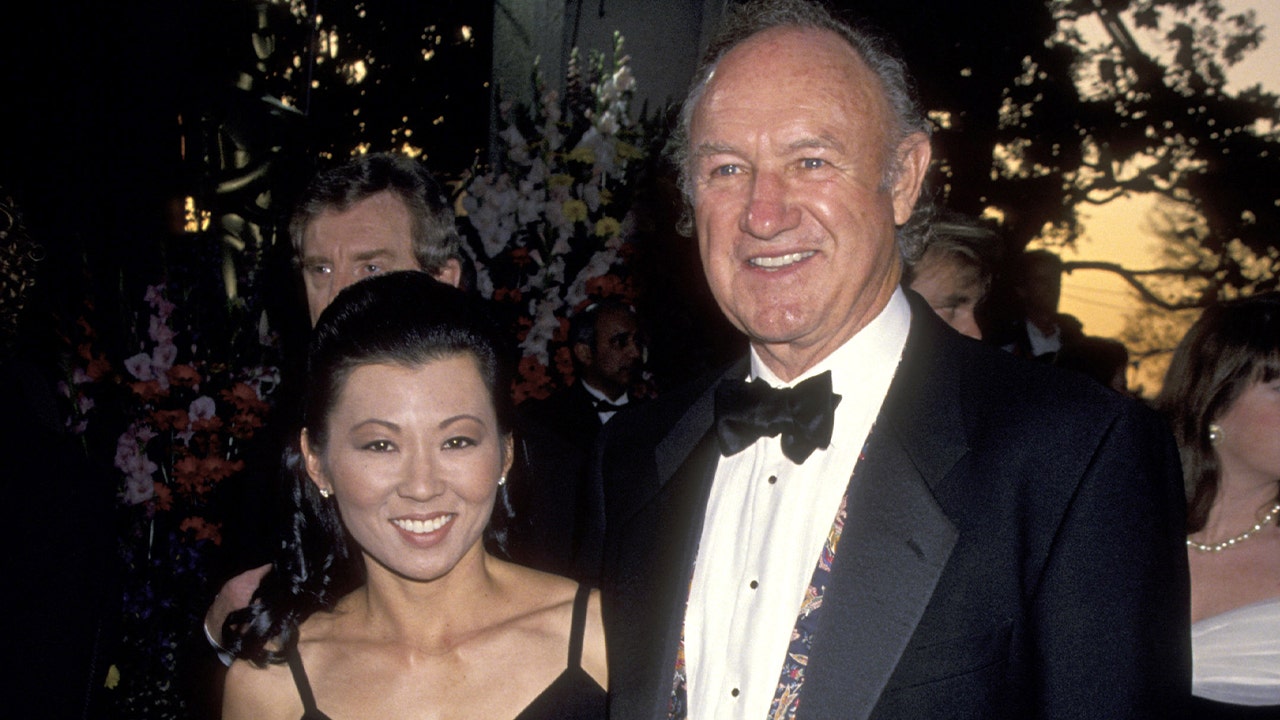Gene Hackman’s Estate Fights Back: The Controversy Over Death Investigation Footage
The estate of the celebrated actor Gene Hackman is currently embroiled in a legal battle aimed at preventing the release of sensitive photographs and footage related to a recent death investigation. This controversy has sparked a vigorous debate surrounding privacy, legacy, and the public’s right to know, raising significant ethical questions about media practices in the wake of celebrity involvement in tragic events.
The Background of the Case
Gene Hackman, a two-time Academy Award winner, is renowned for his extensive career in film, with iconic roles in movies such as “The French Connection,” “Unforgiven,” and “Enemy of the State.” His contributions to cinema have left an indelible mark on the industry, but the recent legal actions taken by his estate underscore the complexities that arise when personal tragedy intersects with public interest.
The controversy began when law enforcement agencies conducted an investigation following an incident involving Hackman. As with many high-profile cases, the media’s interest in the details escalated rapidly, leading to the potential release of graphic images and footage. In response, Hackman’s estate has taken a firm stance, asserting that the release of such materials would not only invade privacy but also tarnish the cherished legacy of the actor.
Legal Implications Surrounding the Release
The legal framework surrounding the release of sensitive materials in death investigations varies significantly across jurisdictions. Generally, public records laws can permit the release of certain information unless it poses a threat to privacy or is deemed inappropriate. In this case, Hackman’s estate is leveraging privacy laws to argue against the dissemination of these materials.
- Right to Privacy: The estate contends that there is an inherent right to privacy surrounding a person’s death, especially for someone of Hackman’s stature.
- Legacy Protection: The estate argues that the release of such footage could undermine the public’s perception of Hackman as an artist and individual.
- Public Interest vs. Sensationalism: The debate hinges on whether the public’s desire for information outweighs the ethical considerations of releasing potentially distressing content.
Public Reaction and Media Responsibility
The public’s response to the estate’s legal actions has been mixed. Many fans and supporters of Hackman have expressed their solidarity, emphasizing the importance of respecting the privacy of individuals, even after their passing. On social media, sentiments largely echo the belief that the media should exercise discretion and compassion when dealing with sensitive issues related to celebrities.
However, there are also those who argue that the public has a right to know, especially given Hackman’s significant impact on the film industry. This perspective raises questions about the extent to which public figures relinquish their privacy rights and how much information should be accessible in the name of transparency.
The Ethical Dilemma of Media Coverage
As this controversy unfolds, it highlights a broader ethical dilemma within media coverage of celebrity deaths and tragedies. News outlets often face the challenge of balancing the public’s right to know with the moral obligation to treat individuals and their families with respect during vulnerable times.
- Ethical Reporting: Journalists must navigate the fine line between reporting news and sensationalizing personal tragedies.
- Impact of Visual Media: The use of graphic images can desensitize audiences and may lead to a detrimental impact on public perception.
- Accountability: Media organizations should hold themselves accountable for the content they disseminate, particularly when it concerns sensitive subjects.
Implications for Celebrity Estates
The legal fight led by Hackman’s estate could set a precedent for how celebrity estates manage their legacies in the face of death investigations. As the media landscape evolves, the rights of estates to protect their loved ones’ legacies become increasingly crucial.
Many celebrity estates have taken proactive measures to safeguard their legacies, often engaging in litigation whenever necessary to uphold their privacy and dignity. Hackman’s case reinforces the notion that the protection of a celebrity’s image and reputation is paramount, particularly in situations involving tragic circumstances.
Conclusion: A Call for Compassion and Understanding
As Gene Hackman’s estate fights back against the release of death investigation footage, the ongoing debate serves as a reminder of the delicate balance between public interest and individual privacy. While the world may crave information about its stars, it is essential to approach such matters with a sense of compassion and understanding.
Ultimately, the resolution of this controversy will not only impact Hackman’s legacy but could also influence how similar cases are handled in the future. A thoughtful dialogue about the ethics of media coverage and the rights of individuals, particularly in death investigations, is more important than ever. As society continues to grapple with these complex issues, it is crucial to prioritize empathy and respect for those who have left an indelible mark on our lives through their art.
See more CNET Live

